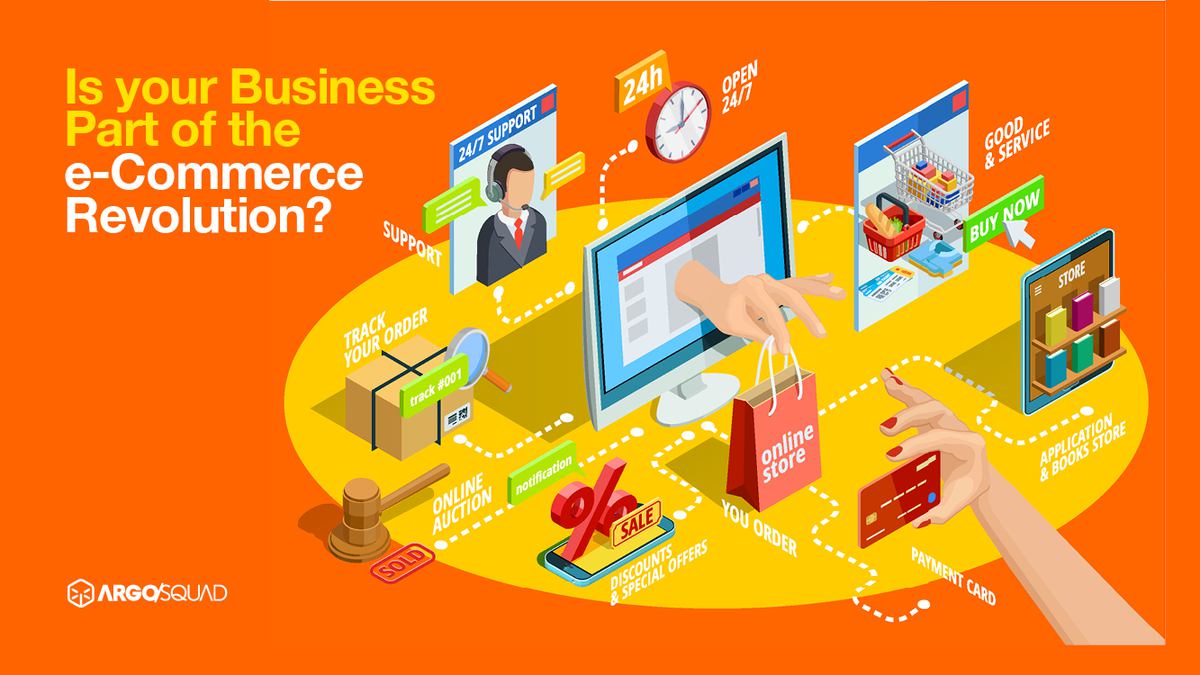Southeast Asia’s internet economy is expected to hit US$300 billion in 2025. This is based on a 2019 quantitative study headed by Google, Temasek and Bain and Company. The study is titled e-Conomy 2019: Swipe up and right: Southeast Asia’s $300 billion internet economy. The study focused on e-commerce, online media, ride hailing and travel. Among the subjects studied, e-commerce and ride hailing have the highest growth expectations. On the other hand, online media and travel are growing in a steady state.
The study also noted that about 90% of Southeast Asia’s 360 million internet users connect to the internet using their mobile phones. They use it primarily for communication, entertainment, learning and shopping. In an interview with CNN Philippines, Department of Trade and Industry assistant secretary, Jean Pacheco said that the e-commerce in the country is very lucky since the population is young.
Pacheco adds, “The basic statistics that we know shows that there are 124 million mobile subscriptions while there are around 74 million adults. That means to say, one adult has two mobile subscription. The good thing about this is that most of us can do mobile.”
Given this, the government sees a huge potential in the local e-commerce. DTI already launched their e-commerce roadmap 2020 and the agency aims to push e-commerce to contribute 25% of the gross domestic product by 2020 from the 10% in 2015. However, the local e-commerce also faces some challenges just like any industry. Pacheco said that building trust is the main focus of the e-commerce branch of DTI.
Pacheco emphasizes, “That’s the number one marching order of the DTI secretary when he assigned us the e-commerce department. We need to build trust and we need to tell people that it’s safe to buy online. When you buy online, we need people to encourage more people towards financial inclusion.”
The e-commerce industry continues to grow with the constant success shown not only by various online promotions like the Single’s Day but also with the increased participation of the local market. Companies must take their businesses online with a reliable and secure online presence and if possible, without the marketplace clutter. Karel Holub, Chief argonaut of argomall, the country’s fourth biggest online store says that, “a company’s online store has to be fully customized and provides customers with great user experience that is protected with security patches”.
Faced with this revolution, developers are also challenged to redesign the solutions that they deliver because it does not end with building platforms. Companies should work with a team of professionals who also understand and have experience as an online merchant. This can help companies avoid costly mistakes and easily implement a wide range of local payments and logistics options. Holub adds, “We are at ease that our site is powered by ARGO/SQUAD, which is the reason behind its speed, ease of use on both mobile and desktop. Aside from being integrated with legacy systems and third-party apps via robust API, we strongly feel the group is capable of implementing all of the requirements for a successful online presence.”
Although the internet economy has its roadblocks, it has also opened several opportunities especially in logistics and digital payments for both start-ups and established players. Prepare and equip your business online and make sure you don’t miss any opportunity when the Southeast Asia becomes a US$300 billion industry in 2025.
For information, ARGO/SQUAD may be reached at their website, argosquad.com or email, [email protected].
